
Commentary by P.R. Pradhan
Reports state that Prime Minister K.P. Sharma Oli has received an invitation to visit Delhi under conditions set by India.
According to diplomatic sources in Kathmandu, Indian envoys have made it clear that during formal talks with his Indian counterpart, Oli will not raise certain contentious issues: the Kalapani–Lipulek–Limpiyadhura border dispute, Nepal’s demand for new air routes, and the long-pending EPG (Eminent Persons Group) report. Oli has reportedly agreed to this proposal.
Oli had wished to visit India after assuming office in July 2024, however, the Indian side denied sending an invitation to him. When Oli was unable to receive an invitation from India, he visited China, another immediate neighbor of Nepal.
Nepali intellectuals and politicians suspect that Oli’s visit may be used to finalize agreements on the Koshi High Dam, the extradition treaty, and the Nepal–India border strip map prepared unilaterally by Indian surveyors. To facilitate his visit, a bilateral boundary meeting was held in Delhi just beforehand after a gap of nine years, led by the home secretaries of both countries. The meeting concluded that the bilateral mechanism would address border disputes, effectively barring Oli from raising the border dispute issues during his talks with Indian Prime Minister Narendra Modi.
The Drishti vernacular weekly has expressed concern over the construction of border pillars in the middle of rivers, a move seen as an attempt to redefine rivers originating in Nepal as “common rivers.” The Mahakali River—once clearly recognized as a Nepali river—was previously reclassified as a common river between Nepal and India. Observers fear the same principle is now being applied to other rivers, granting equal ownership to both countries.
Former senior UML leader Bhim Rawal has warned that Oli may be preparing to finalize the Koshi High Dam, the extradition treaty, and the Indian-prepared border strip map, largely serving India’s interests. He also voiced objections to India’s push for an extradition provision covering third-country nationals—including those from China, Pakistan, Bangladesh, Sri Lanka, and Bhutan—suspected of criminal activity.
Meanwhile, concerns grow over Nepal’s hydropower sector. Hopes had been pinned on the GMR Group, in partnership with Bangladesh, to develop the Upper Karnali Hydropower Project and export electricity to Bangladesh. However, Bangladesh has now clarified it will neither invest in nor purchase power from the project, leaving India in control. Critics accuse self-serving Nepali leaders of handing over river after river to India without safeguarding national interests.
The Sanghu vernacular weekly has reported that after a nine-year gap, a Nepal–India home secretary-level meeting took place last month in Delhi. Discussions included implementing the extradition treaty to curb cross-border crime. India again pushed for provisions covering third-country citizens.
Additionally, the government has moved to ease citizenship rules, reportedly to facilitate granting citizenship to around 40,000 Tibetan refugees. American officials, during recent visits to Nepal, have also been pressuring top leaders—including the prime minister, foreign minister, and home minister—to simplify citizenship procedures.
Preparations are underway for Oli’s India visit, tentatively set for September 16–17, though the Nepali side is seeking to prolong it. In the lead-up, Vikram Misri, Secretary at India’s Ministry of External Affairs, will visit Kathmandu on August 17 to meet PM Oli, Foreign Minister Dr. Arzu Rana Deuba, and others, with his trip expected to finalize the visit’s agenda.







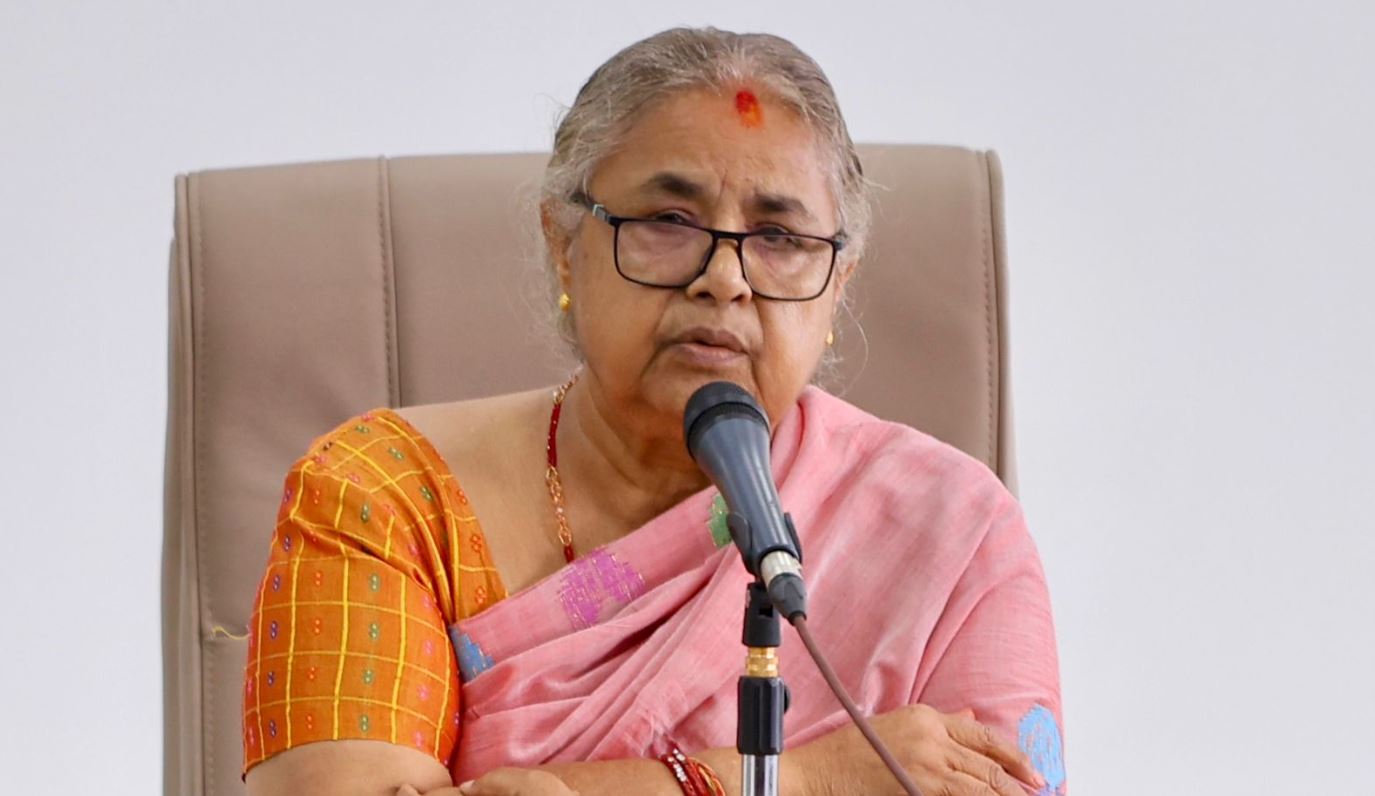
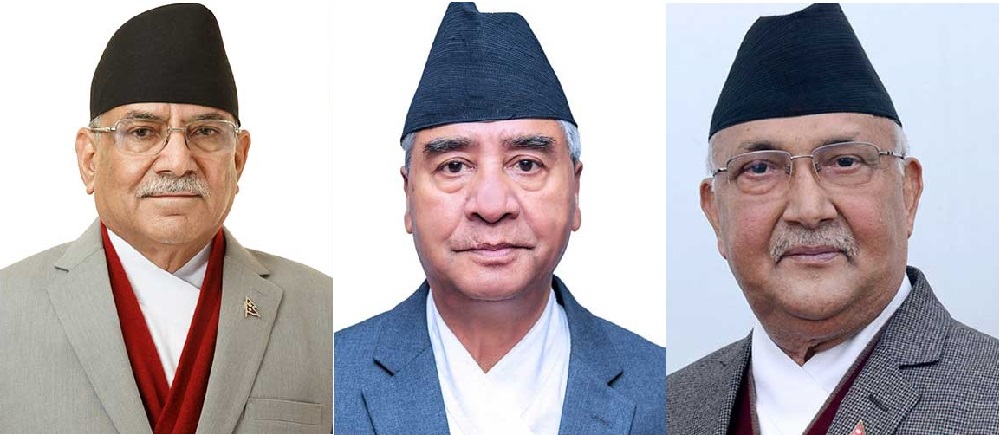
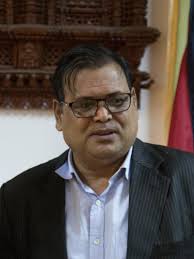

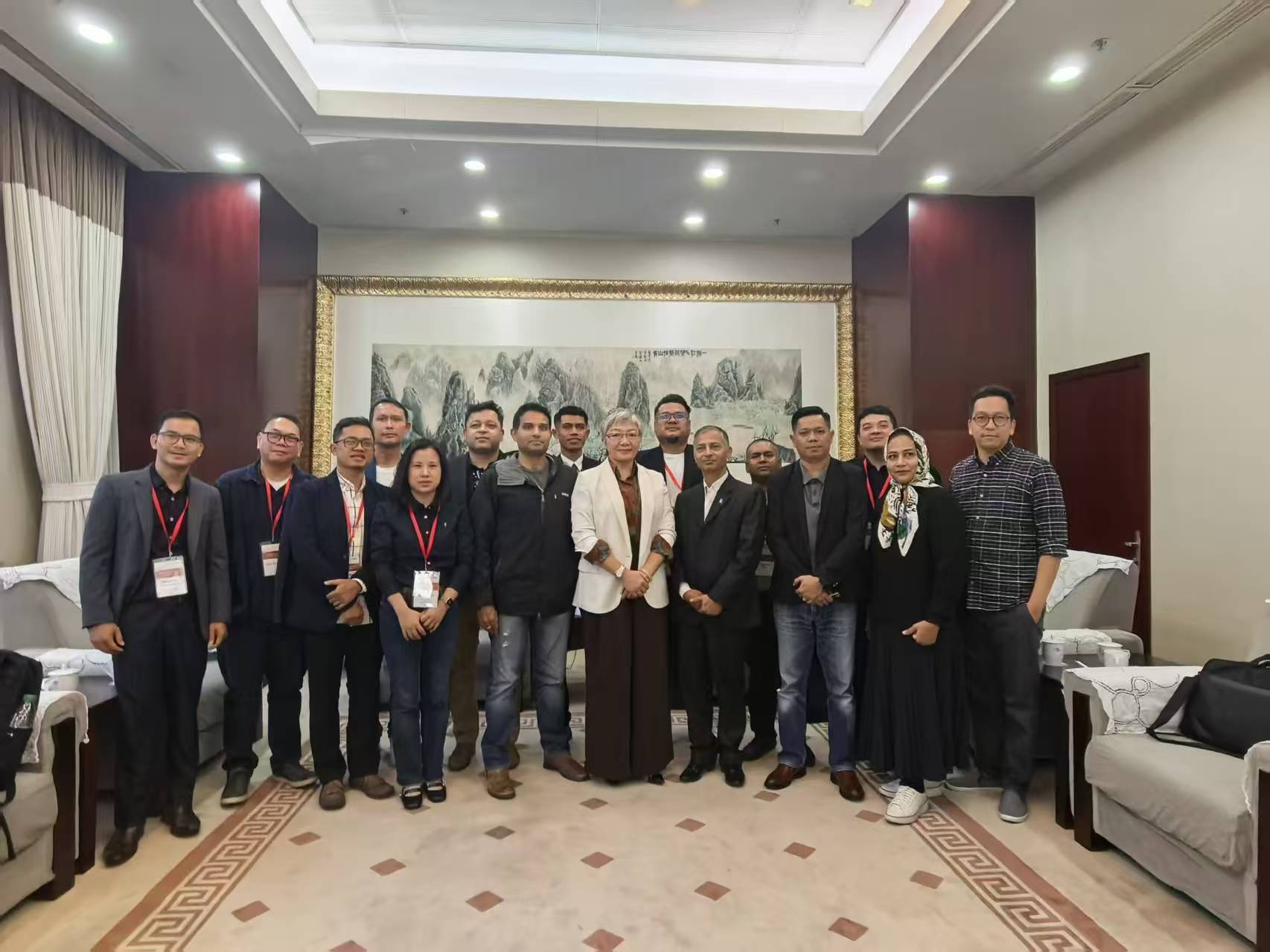



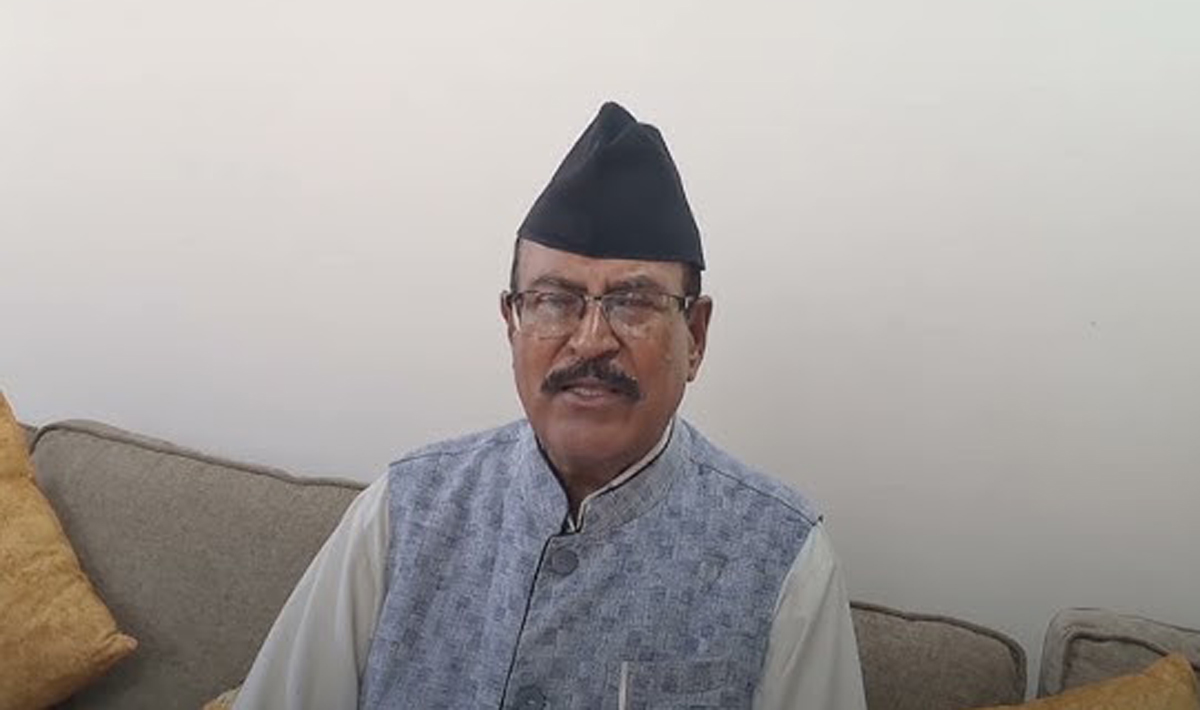
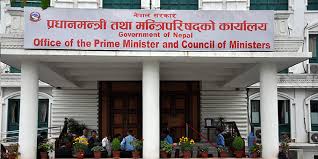
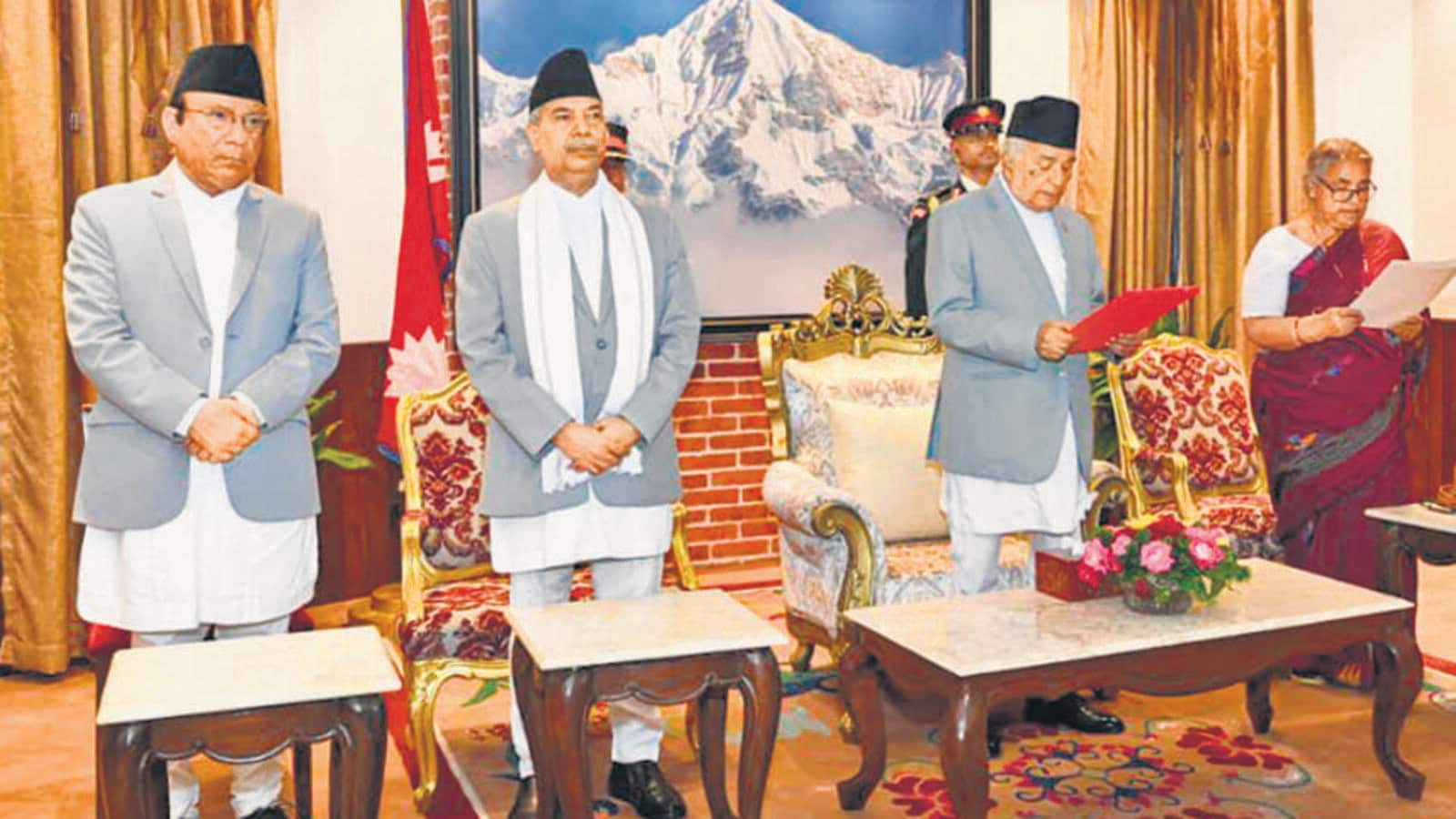
Comments:
Leave a Reply